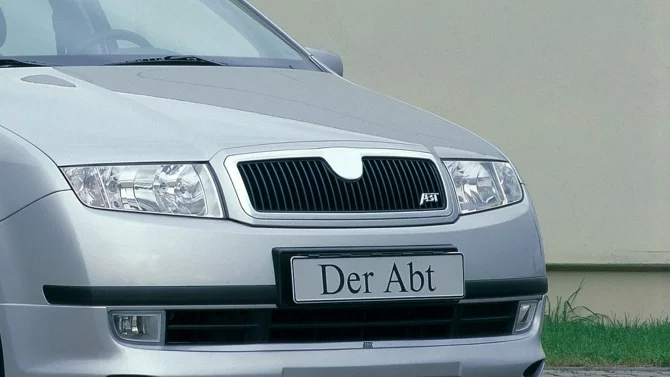...
By Mark John
BRUSSELS, April 19 (Reuters) - The United States reassured allies over its planned missile shield system at talks at NATO on Thursday, but failed to allay Russian suspicions that the shield was a strategic threat to Moscow.
The meeting of NATO and Russian officials was part of a U.S. bid to sooth European concerns and calm Russian anger at the plan to deploy 10 interceptors in Poland and radar in the Czech Republic by 2012 to preempt threats from states such as Iran.
"The allies are united on the issue, the threat and the way ahead," NATO Secretary-General Jaap de Hoop Scheffer told a news conference after the talks among senior officials in Brussels.
However he said of discussions with Russian officials that followed: "I can't say we agree on everything. There is a difference in the threat perception."
President Vladimir Putin has said the U.S. plan encroaches on Russia's security interests. The project has also jangled nerves in Europe, notably in Germany, and U.S. officials concede they could have better explained their aims.
But in a possible sign that European capitals are gradually coming round to a project they cannot veto, de Hoop Scheffer said allies raised no objections to the project during the talks in Brussels and even went further by agreeing that any future NATO shield should complement the U.S. one.
"That system could and should be complementary to the U.S. one," he said of a NATO plan to build a smaller shield for short-range missiles that could be used to plug the coverage holes in the U.S. shield -- which covers all of Europe except Turkey, Greece, Romania and Bulgaria.
US PLAN A "CHIMERA"
Separately, Russian Deputy Prime Minister Sergei Ivanov ridiculed the U.S. plan and ruled out the prospect of Russia agreeing to a U.S. offer this week of cooperation, such as by sharing early warning data or conducting joint exercises.
"As for possible cooperation in strategic anti-missile defence, honestly speaking, I see no reasons for that," Interfax quoted Ivanov as telling reporters in Yekaterinburg.
"We believe this strategic anti-missile defence system is somewhat chimerical, to put it mildly."
U.S. President George W. Bush will likely visit the Czech Republic in June to drum up support, the Czech government said on Thursday. Czech sources said the visit would be on June 4-5, although it has yet to be confirmed by Washington.
U.S. officials sought to address a key European concern that the U.S. bilateral approach would split the continent into those covered by the shield, and those not.
"The point is to keep north American and European defence coupled," said U.S. Undersecretary of Defense Eric Edelman, while others noted that Europe would be benefiting from some $100 billion of past U.S. investment in the technology.
"It allows NATO not to have to duplicate that technology," Lieutenant-General Henry Obering, the head of the U.S. missile shield project, told the same news conference.
Russian envoy to NATO Konstantin Totksy said Moscow disputed the level of the threat facing Europe, the logic for siting shield elements in eastern Europe and feared the United States would in future deploy more rockets.
But, in apparent contrast to Ivanov, he said Russia was ready to look at cooperating with the United States.
"We will scrutinise these proposals and come back to our U.S. colleagues," he told reporters.
Keywords: SHIELD NATO/




 „Elektrická mobilita je budoucnost, o tom není pochyb. Každý, kdo tvrdí opak, poškozuje náš průmysl.“ A proto přijdou plošné evropské dotace
„Elektrická mobilita je budoucnost, o tom není pochyb. Každý, kdo tvrdí opak, poškozuje náš průmysl.“ A proto přijdou plošné evropské dotace
 Našli jsme deset absolutně neznámých automobilů současnosti. Dokážete uhodnout alespoň polovinu?
Našli jsme deset absolutně neznámých automobilů současnosti. Dokážete uhodnout alespoň polovinu?
 Dvě i čtyři doby, tři a čtyři válce: Saab 96 se stal vozem pro individualisty, a to i v Československu
Dvě i čtyři doby, tři a čtyři válce: Saab 96 se stal vozem pro individualisty, a to i v Československu
 Elektromobil jako ojetinu nikdo nechce. Velký český autobazar skončil s jejich nákupem i prodejem
Elektromobil jako ojetinu nikdo nechce. Velký český autobazar skončil s jejich nákupem i prodejem
 Youtubeři zkoušeli, jestli nastartují Tatru 138 odstavenou osmnáct let. Výsledek nikoho nepřekvapí
Youtubeři zkoušeli, jestli nastartují Tatru 138 odstavenou osmnáct let. Výsledek nikoho nepřekvapí
